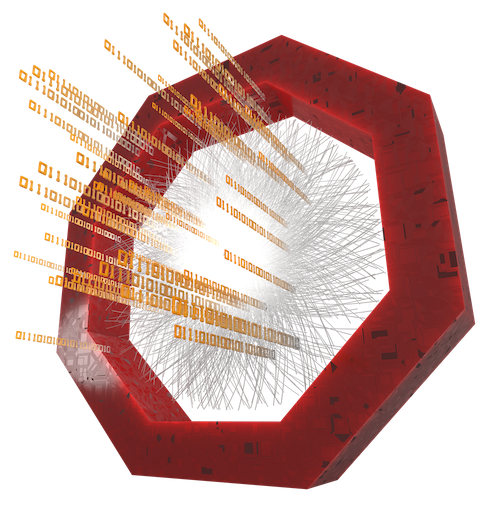Processing information from multiple tables
Learn how to efficiently access and process related information from different tables.
Executable: o2-analysistutorial-collision-tracks-iteration
Are you having problems running this tutorial? If the program stops with an error message form the internal-dpl-aod-reader saying something like Exception caught: Couldn't get TTree "DF_xxx/O2v0index" then go to the end of this tutorial to get some advice.
TracksPerCollision
Tables can be related - tracks belong to a collision, FT0 signals to a bunch crossing, muon clusters to a muon track, etc, etc. To express this child-parent relation, the children have index columns which point into the parent table (see the Data Model).
If we'd e.g. like to loop over all collisions and over all tracks belonging to a collision we would typically setup a 2-loop structure - first looping over all collisions and within this loop, loop over all tracks belonging to the collision.
Using the full power of the task's process method this can be done without explicit looping over the collisions. In the code snippet below, the process method is called with two arguments, an argument of type Collision and one of type Tracks. In this case the framework takes care of selecting (grouping) the tracks belonging to a given collision. The process method is executed for each entry in the Collisions table with the tracks belonging to the given collision only.
struct TracksPerCollision {
void process(aod::Collision const&, aod::Tracks const& tracks)
{
// `tracks` contains tracks belonging to`collision`
LOGF(info, "Number of tracks: %d", tracks.size());
// process the tracks of a given collision
for (auto& track : tracks) {
LOGF(info, "This track has pT = %f GeV/c", track.pt());
}
}
};
By the way, add a collision variable in the argument list of process to have access to the information contained in the Collisions table - if you wish.
struct TracksPerCollision {
void process(aod::Collision const& collision, aod::Tracks const& tracks)
{
LOGF(info, "The collision time: %f", collision.collisionTime());
LOGF(info, "Tracks for this collision: %d", tracks.size());
}
};
TracksPerDataframe
The automatic grouping of tracks according to the collision works in the above case because the table Tracks has an index column with pointers to the table Collisions. It is also crucial to use the iterator version Collision and not Collisions. It is in fact the first iterator of the argument list which is used for grouping. With Collisions instead of Collision the grouping does not happen! Instead the entire Collisions and Tracks tables will be available in the process function.
GroupByCollision
The grouping works with any number of children. In the below example the process function is given three arguments. In this case process is run for each collision with the tracks and V0s belonging to the actual collision.
void process(aod::Collision const& collision, aod::Tracks const& tracks, aod::V0s const& v0s)
{
// `tracks` contains tracks belonging to `collision`
// `v0s` contains v0s belonging to `collision`
LOGF(info, "Collision index : %d", collision.index());
LOGF(info, "Number of tracks: %d", tracks.size());
LOGF(info, "Number of v0s : %d", v0s.size());
}
ATENTION: if the tutorial is executed like
o2-analysistutorial-collision-tracks-iteration --aod-file AO2D.root
it will stop in GroupByCollision with an error message from the internal-dpl-aod-reader saying something like Exception caught: Couldn't get TTree "DF_xxx/O2v0index". This is because the V0s table needs to be prepared first with the task o2-analysis-weak-decay-indices. Hence first process the data with o2-analysis-weak-decay-indices and pipe its output to o2-analysistutorial-collision-tracks-iteration using
o2-analysis-weak-decay-indices --aod-file AO2D.root | o2-analysistutorial-weak-decay-iteration
Success?
